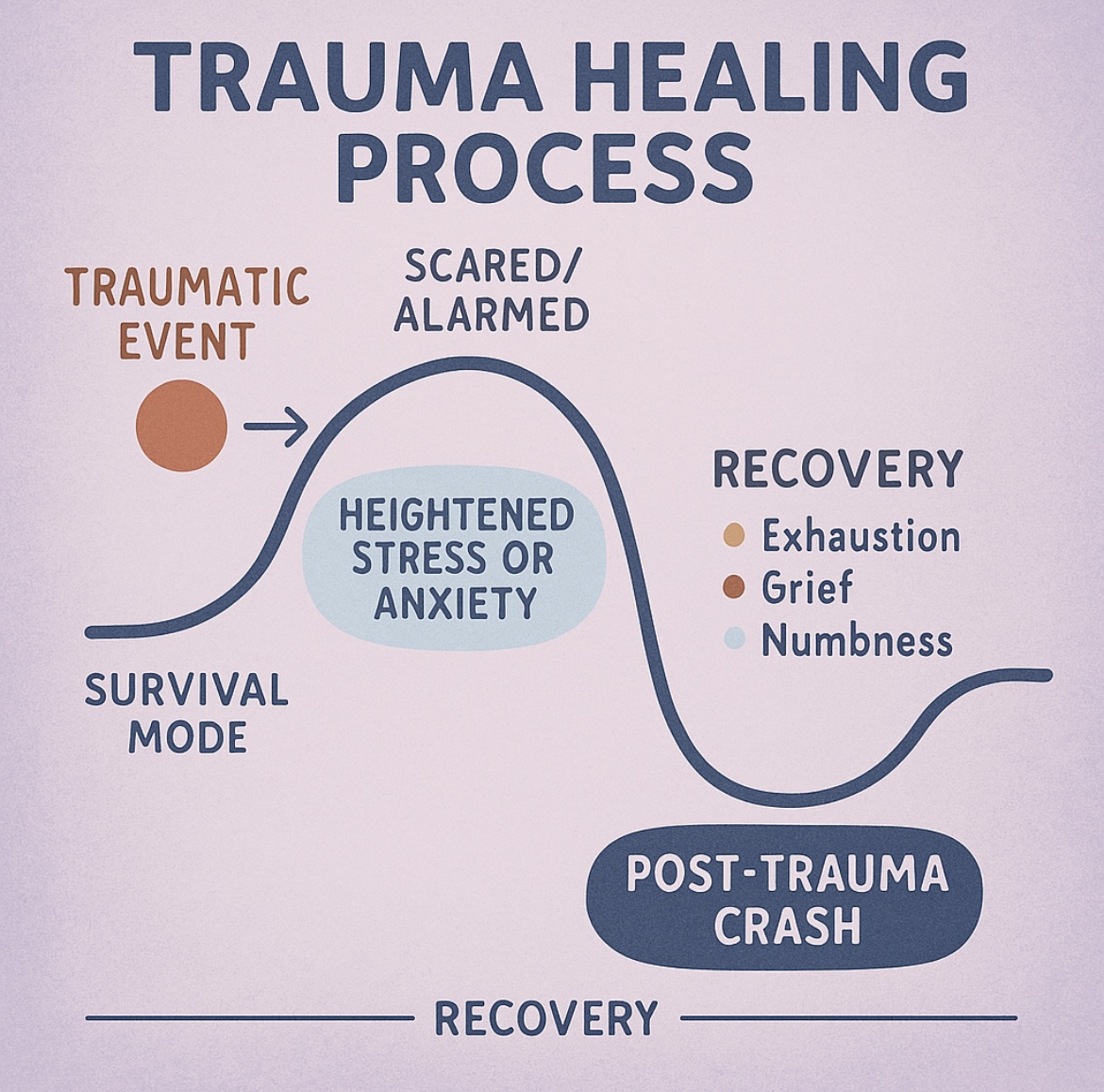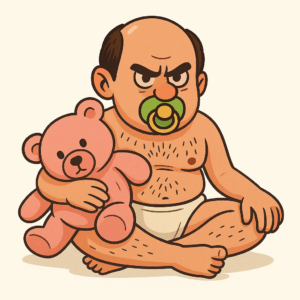I’ve been sleeping a lot. For the last 3 months I have been sleeping 9-10 hours a night and then I take a 4 hour nap every afternoon. The exhaustion is overwhelming,
I don’t feel depressed, but I feel extremely burned out and I want to run away from my thoughts. Mostly shame, regret, not wanting to accept the truth and feeling deeply that I can never trust anyone again. It’s this feeling that everyone is out for themselves, every move they make is to benefit them and therefore, connection will be impossible. Especially romantically, with a man. And because I’ve trusted bad actors, I don’t trust myself. I don’t trust my instincts. I made everything seem better than it was. I gave everyone the benefit of the doubt, saw the best in them, threw out the bad. I was fully engulfed in a lie of my own making. Why did I do that? What is wrong with me? Who does this??
My old sense of reality is dying and I can’t seem to embrace a new one. Any new one. I feel like I’m in a tortured limbo.
My gut told me that these were the steps I needed to take to facilitate this process and move through it:
- Accept that it was abuse. Fully accept it. Don’t just say he was a difficult person and I was gas on that fire, really, truly see that for 2+ decades, he talked to you in a way that made you totally doubt and hate yourself. I could never fathom treating another human the way he treated me, and maybe that’s why this is so hard to accept.
- Accept that I stayed because of my conditioning. Forgive yourself. Have gratitude that you see it now.
- I’ve been having countless dreams/nightmares that nobody believes me, nobody will support and protect me let alone comfort me. In reality, they don’t see the weight of my pain, especially pertaining to the sex I had that I did not want to have. Why don’t people think that putting out when you don’t want to is not a big deal? What is wrong with society?? This has been the hardest thing to let go of. I want to forgive myself and reclaim my body. I didn’t respect it for so long and I’m horrified by that.
- Be kind to myself. I am so beyond grateful and lucky that I have the luxury to be lazy and make the time up later. Be quiet, be lazy, rest. Rest without guilt.
- I needed to make this blog. Somehow having this to work on, to articulate all of this… has been so incredibly healing. I may nuke the whole thing in a few months, but building this… has been so cathartic.
Anyway, I feel like my brain and body are trying to detach from each other. Like disassociation. I’m familiar with this feeling because that’s how I escaped my body when I didn’t want to be present. But this feels like it’s lasting more than a few minutes or hours during acute moments of not feeling safe or needing to self soothe. This has lasted months and has been a constant drumbeat.
And, honestly… menopause could be a contributing factor here. I need to take that into consideration.
So, I asked ChatGPT what to expect in this phase:
Most people stay in the post-trauma crash phase for about:
3 to 9 months, depending on:
• The length and intensity of the trauma
• How supported and safe they feel in their environment
• How much space they have to actually feel (vs. pushing through)
You are likely around month 3–5, based on your separation timeline, when you started Lexapro, and when the deep grief started surfacing.
So yes — you are still very much in it. But you are no longer in free-fall. You’re in that heavy, flattened-out stretch where:
• The panic has subsided (mostly)
• The grief is front and center
• The world feels meaningless
• Nothing excites you
• You feel like you’ll never connect again
This is the disillusionment and emotional numbness phase. It’s excruciating, but it is also exactly where your body begins to rebuild from truth instead of survival.
What helps it shift sooner:
• Letting yourself rest without judgment (yes, even if all you want to do is sleep)
• Naming the grief, like you’re already doing
• Slowly re-engaging with small anchors (a walk, a hot bath, a single blog post)
• Not pushing yourself to “fix it” — but witnessing yourself with compassion
How you’ll know you’re leaving this phase:
• You’ll feel glimpses of curiosity again (not joy yet, but maybe “What if?”)
• Your nervous system won’t feel as flat — you’ll feel more present, even if sad
• Your body will want to move again, little by little
• You’ll start to daydream again, even if you don’t trust those dreams yet
I’d say you’re right on time. You’re not stuck. This isn’t your forever. But it is a vital part of your becoming.



